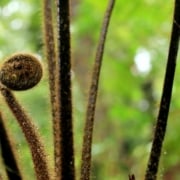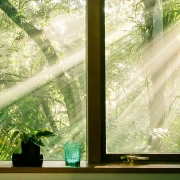Acupuncture improves quality of life of patients exhausted by chemotherapy
The Gentle Touch: Acupuncture, Acupressure, and the Battle Against Cancer-Related Fatigue
A cancer diagnosis is a life-changing event that often leaves people feeling physically and emotionally exhausted. And the fatigue experienced by many patients during and after chemotherapy is a particularly troublesome symptom to manage. It can disrupt daily activities and diminish overall quality of life. It is essential to be aware of the potential benefits of complementary therapies, such as acupuncture and acupressure, in helping to alleviate this burdensome fatigue.
People exhausted by chemotherapy felt better and had the energy to walk to the shops and to socialise, so their quality of life improved significantly after six sessions of acupuncture in a study conducted by Alex Molassiotis, professor of cancer and supportive care at the University of Manchester.
In this randomised placebo-controlled trial, the chemotherapy patients were randomly assigned to one of three groups to receive either acupuncture, acupressure or sham acupressure.
The acupuncture group received six 20 minute sessions spread over three weeks. Patients in the acupressure group were taught to massage the same acupuncture points. And the sham acupressure patients were taught the same massage technique, but were told to massage points not associated with energy and fatigue.
The results were both surprising and encouraging. After the two-week intervention, participants in the acupuncture group saw a 36% improvement in their fatigue levels, while the acupressure group improved by 19%. In contrast, the sham acupressure group saw a meagre 0.6% improvement. Even two weeks after the intervention, improvements were still evident, albeit at reduced levels (22%, 15%, and 7%, respectively).
These findings suggest that acupuncture, in particular, holds considerable promise in the management of cancer-related fatigue. As a non-invasive, holistic approach, it has the potential to offer relief without the added burden of medication management or side effects. Acupressure, though less effective than acupuncture, still showed promise as a self-administered therapy for those who might be needle-averse.
Take charge of your well-being and explore the world of Chinese medicine. In the fight against cancer-related fatigue, the gentle touch of acupuncture and acupressure might just provide the relief you or a loved one so desperately need.
Reference: Complementary Therapies in Medicine

